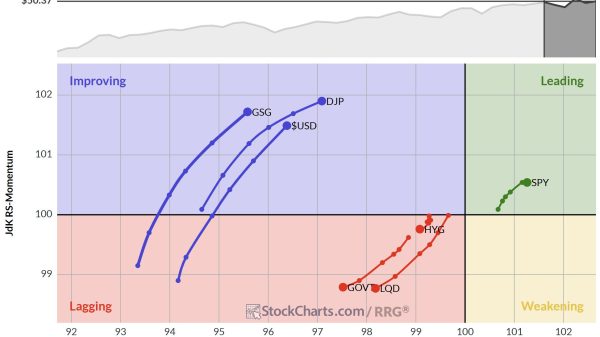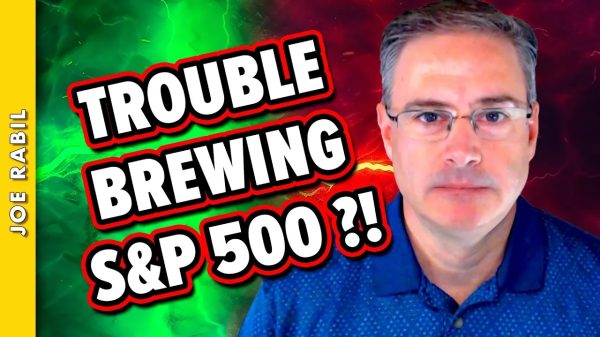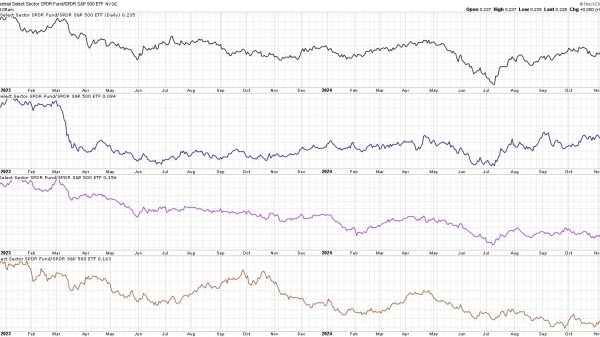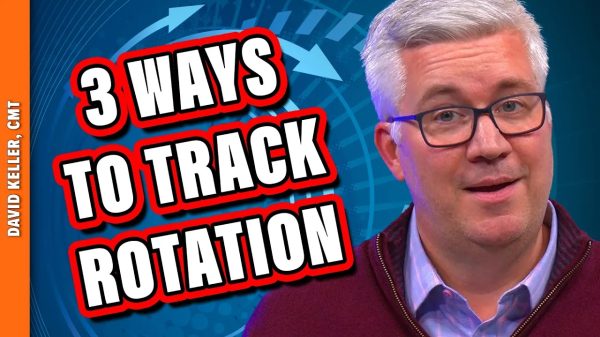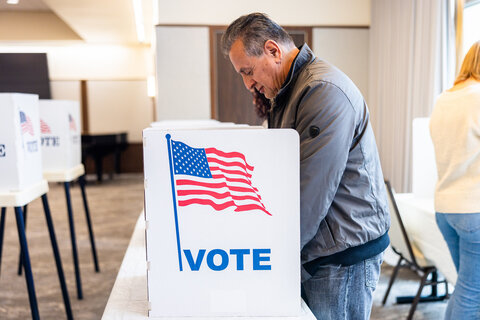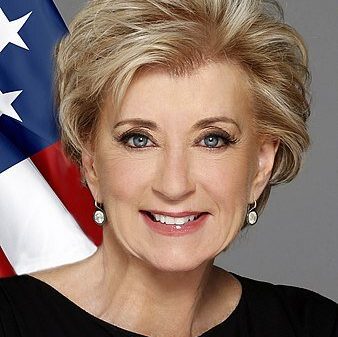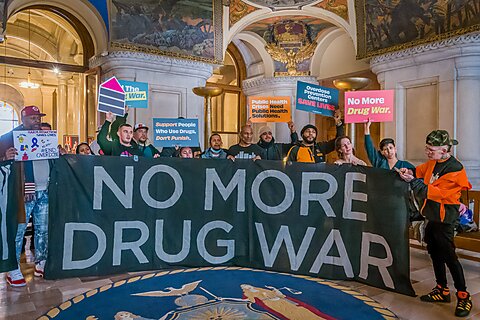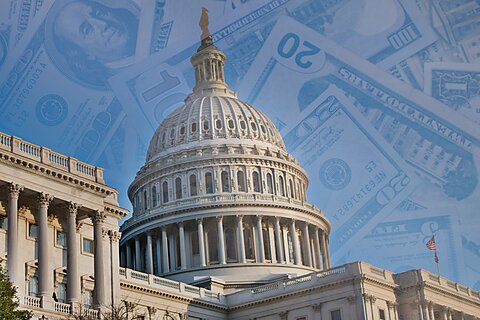Patrick G. Eddington
This coming May 25 will mark three years since the murder of George Floyd by then‐Minneapolis police officer Derek Chauvin. That event sparked some of the largest political street protests since the Vietnam War era. In both cases, the federal government’s reaction was to increase domestic surveillance targeting the protesters. This time, however, two federal entities that did not exist during the 1960s protests were key players in responding to the national outcry over Floyd’s murder: the Drug Enforcement Administration (DEA) and the Department of Homeland Security (DHS).
The public learned about the DEA’s role in the surveillance operation in June 2020 via the now‐defunct Buzzfeed News:
The Drug Enforcement Administration has been granted sweeping new authority to “conduct covert surveillance” and collect intelligence on people participating in protests over the police killing of George Floyd, according to a two‐page memorandum obtained by BuzzFeed News.
The authority in question, 21 U.S.C. § 878(a)(5), allows DEA agents to “perform such other law enforcement duties as the Attorney General may designate.” In this case “other law enforcement duties” clearly included surveillance and possibly other operations designed to monitor or even infiltrate groups protesting Floyd’s murder. That authority was supposed to have expired later in June 2020, but neither the AG’s office or the DEA have ever revealed whether the additional powers granted to DEA lapsed or were extended.
Almost a year after Buzzfeed News broke the DEA surveillance story, Gizmodo noted a DHS component, Customs and Border Protection (CBP) had employed Predator drone surveillance against protesters:
The incident inspired a debate about federal policing tactics and spurred some lawmakers to send letters to agencies demanding additional information about their practices. Amazingly, the CBP director at the time claimed the drones were not being used for spying but were instead merely “providing assistance to state and local [officials] so they could make sure that their cities and their towns were protected.”
The work by Buzzfeed and Gizmodo helped to highlight the roles of DEA and CBP in protest‐related surveillance, but many questions about the scope, duration, and effects of that surveillance (and possibly other counterprotest actions) remain unanswered. This week, Cato took a step towards getting those answers by filing Freedom of Information Act (FOIA) lawsuits against DEA and CBP–both of which have stonewalled Cato’s FOIA requests for nearly three years. We expect a fight from both agencies to keep as many of those records as possible secret, and we’ll provide updates on these cases as they occur.







